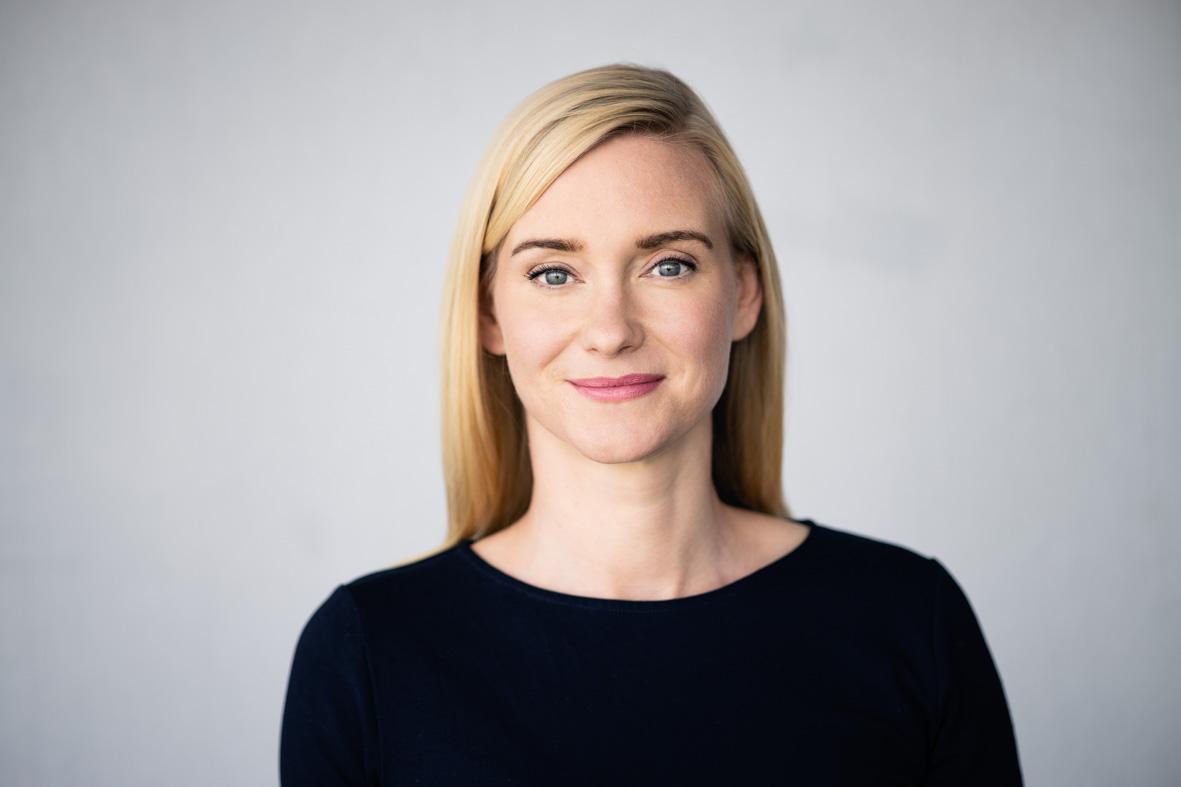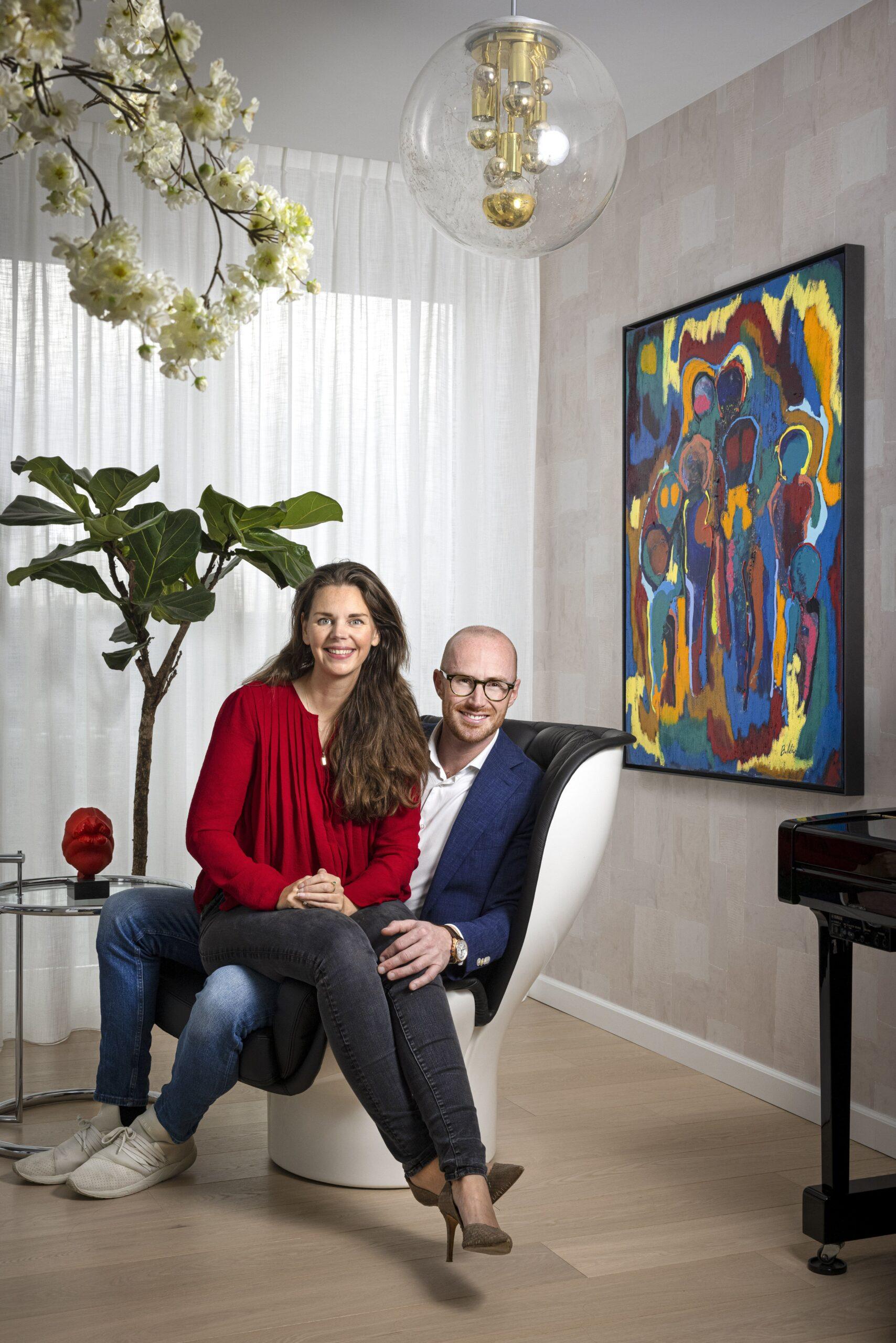Less Maximilians please

The start-up scene likes to pretend to be progressive, but it is not when it comes to diversity. It is only partly to blame for this. But it could still do more.
The start-up scene is full of do-gooders. They want to make our planet fairer, more sustainable, more efficient and a little more beautiful. They are sometimes met with biting derision for this, with critics accusing quite a few of them of only pursuing their lofty goals until the first exit opportunity. At the latest then, the accusation goes, Bertolt Brecht applies, as so often in life: "First comes the food, then the morals."
As convenient as this view is, it is not much more than cynical. Many founders and employees in young companies believe in their vision, they really want to make a difference. For every e-commerce company that is quickly put together, there is at least one start-up with a really good idea that deserves money and attention.
But there are undoubtedly points where the skeptics are right. One of the most painful is the field of diversity. On the surface, the start-up scene is fully on board with the topic; being "woke" is the default setting. There is talk of gender equality and empowerment, and every opportunity is taken to proclaim that you are one of the good guys. However, this doesn't have much to do with practice. If a media founder was created in a lab, he would probably be called Philipp or Maximilian, be around 30 and have just founded a fintech in Berlin with two (male, of course) fellow graduates from some business school that does something with ETF savings credit cards.
This is a scandal in a country where 50.7 percent of people are women, 26 percent have a migration background, almost 10 percent are severely disabled and 68 percent live outside of large cities. And these are just some of the dimensions that need to be taken into account when talking about diversity.
Start-ups cannot get to the root of the problem
More diversity is not an end in itself, but an asset. Because let's be honest: the German start-up scene is populated by herd animals. There are always new trends, once it was online retailers in the style of Zalando, after N26 everyone wanted to open a neobank, and most recently we couldn't save ourselves from new food delivery services. This lack of ideas stems from the age-old principle of "follow the money" (because even investors are not always creative), but also from the fact that they often arise in circles of similar people with similar biographies in the same cities. Incidentally, the 20th Neobank will not improve the world either.
But how could something really change here? The answer to this question is just as complex as the topic of diversity itself. And it begins with an uncomfortable realization: the start-up sector itself cannot get to the root of the problem. Women, people with a migration background, people with disabilities or from poor backgrounds experience disadvantages in society as a whole. They have more difficulties getting a good education, more difficulties finding an apartment or a job. No start-up initiative, no matter how ambitious, can change this. This is where politics and society need to start, otherwise every superficial measure, from Girls' Day at schools to the quota of women on DAX supervisory boards, will fall flat.
However, this does not mean that we should sit back and relax. Because there is at least one very effective lever to help more people from diverse backgrounds to start a business. Give them more money. After all, those who don't fit the standard type of founder rarely see venture capitalists pulling out their checkbooks. This makes initiatives such as Softbank's Emerge Accelerator, which explicitly aims to support diversity among founders, all the more important. Or networks of female investors and business angels who come together to promote the ideas of previously undiscovered female founders and pass on their experience. All of these ideas can help, they are more than just "fuss", to quote a former chancellor who has since fallen out of favor.
All that remains important is for start-ups to use their growing influence in the business world to insist on the necessary fundamental changes. Often enough, activists complain that the "old" large companies do not use their undoubted influence to push for these changes. Changing this would be the first sign that the invocation of a "new generation of entrepreneurs" describes more than a question of age.

Newsletter
Startups, stories and stats from the German startup ecosystem straight to your inbox. Subscribe with 2 clicks. Noice.
LinkedIn ConnectFYI: English edition available
Hello my friend, have you been stranded on the German edition of Startbase? At least your browser tells us, that you do not speak German - so maybe you would like to switch to the English edition instead?
FYI: Deutsche Edition verfügbar
Hallo mein Freund, du befindest dich auf der Englischen Edition der Startbase und laut deinem Browser sprichst du eigentlich auch Deutsch. Magst du die Sprache wechseln?























